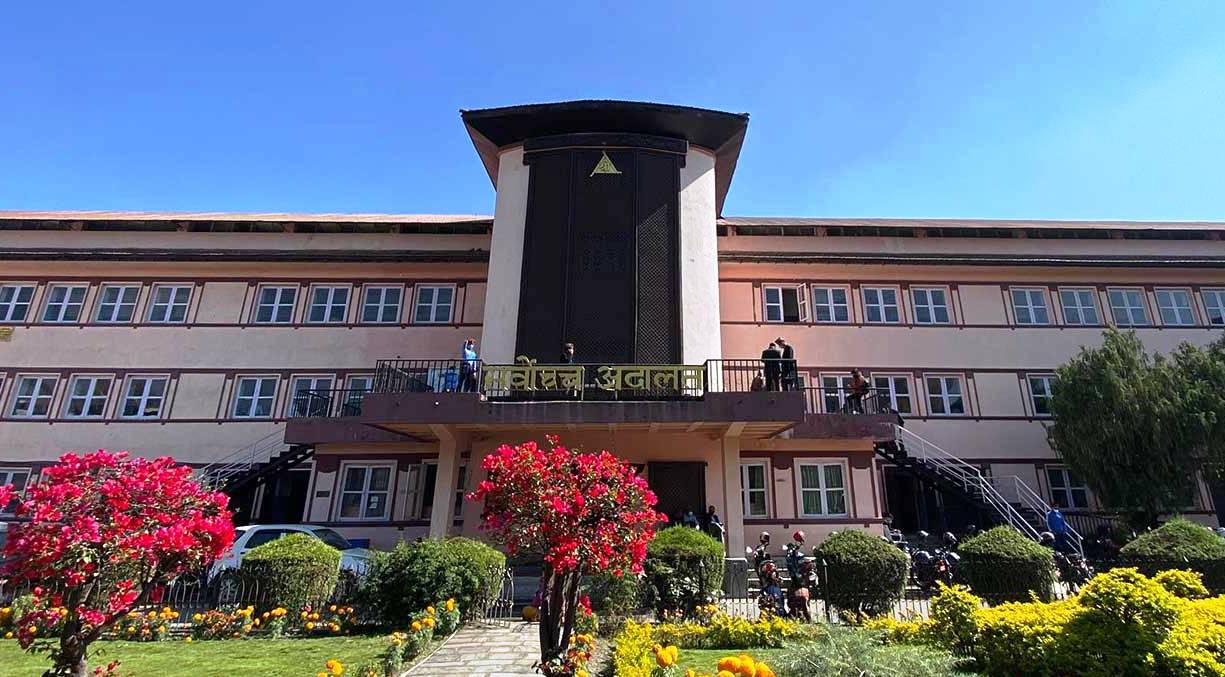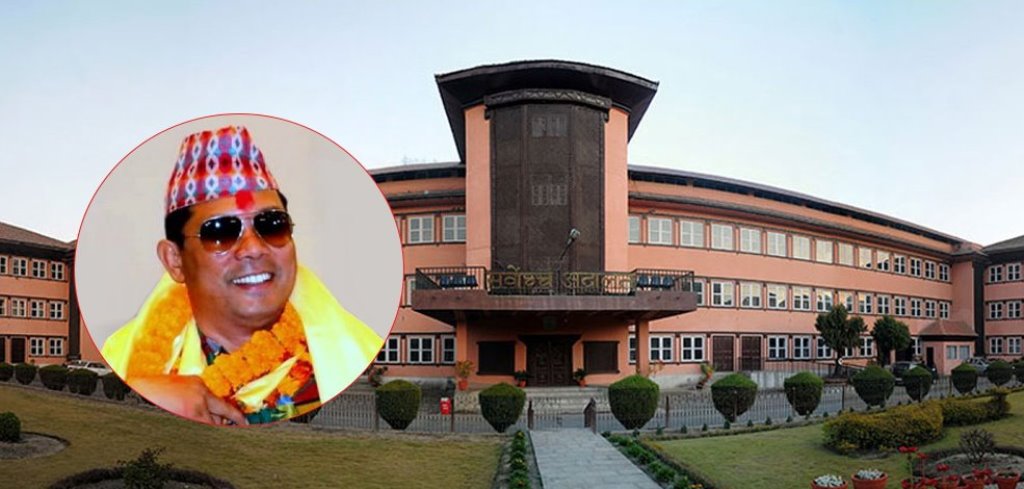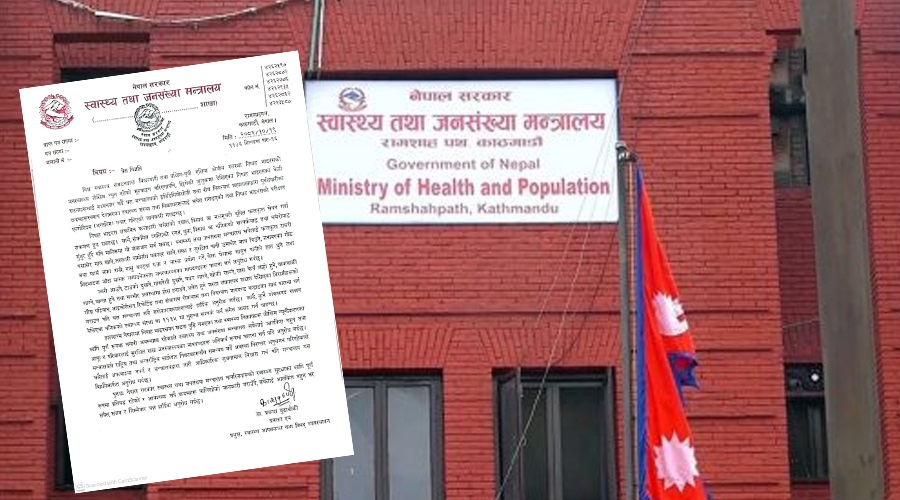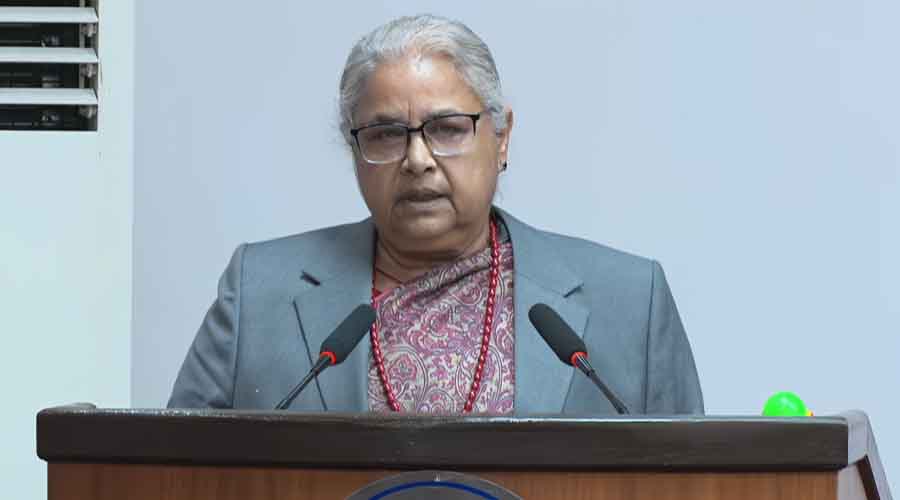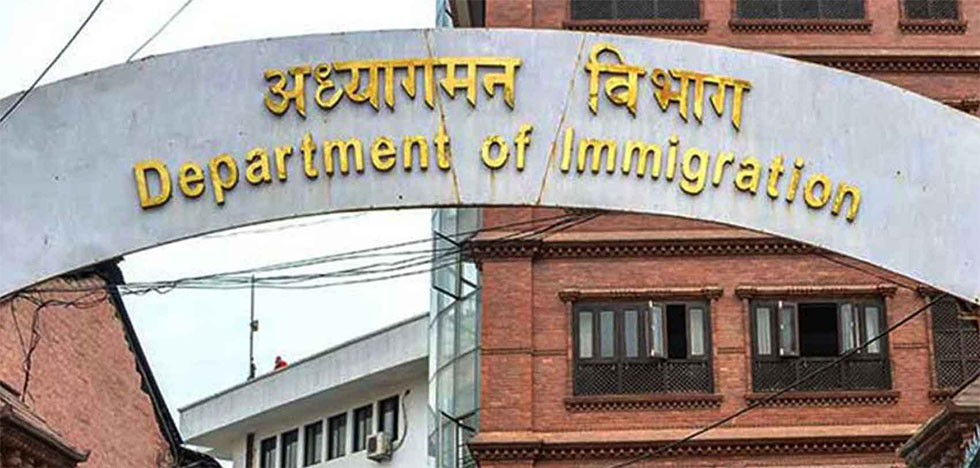KHARTOUM, February 23, 2019: Sudanese security agents have detained a prominent newspaper editor after he made televised comments on President Omar al-Bashir’s decision to impose a state of emergency and dissolve the government, his brother said Saturday.
Osman Mirghani, editor-in-chief of independent daily Al-Tayar, was taken away by security agents from his office late on Friday, Ali Mirghani told AFP.
He said security agents detained his brother soon after his comments on Bashir’s latest measures to quell weeks of protests against his three-decade-old rule.
“Soon after the president announced the emergency, my brother was speaking about it on an Arab channel,” he said.
“After that, he was taken away from his office. We don’t know his whereabouts until now.”
Agents from the powerful National Intelligence and Security Service (NISS) also confiscated the entire print run of Saturday’s edition of Al-Tayar, he said. Police and security officials were unavailable for comment.
Sky News Arabia screened an interview with Mirghani on Friday evening in which he was asked whether Bashir’s new measures would extinguish public anger.
He responded that they would instead “spark a new wave” of protests and send a message that the public “can exert more pressure to achieve its goal of removing this regime”.
Mirghani, a US-educated engineer turned journalist, has often been targeted by security agents, who have detained him several times, confiscated copies of his newspaper or barred its publication without giving any reason.
The NISS regularly seizes entire print runs of newspapers over articles it deems inappropriate, especially those criticizing the authorities or government’s policies.
Sudanese authorities have launched a sweeping crackdown against protests that broke out in December, jailing protesters, opposition leaders, activists, and journalists.
Media watchdog Reporters Without Borders says at least 79 journalists have been arrested since the protests erupted on December 19.
Sudan is ranked 174th out of 180 countries in RSF’s 2018 World Press Freedom Index.
Late on Friday, Bashir declared a state of emergency across the country in an attempt to quell the demonstrations.
He also dissolved the cabinet and provincial governments of all 18 provinces. Protests erupted in Sudan after a government decision to triple the price of bread.
They swiftly escalated into anti-government demonstrations with protesters calling for Bashir to resign. Officials say 31 people have died in protest-related violence.
Human Rights Watch says at least 51 people have been killed. Bashir, 75, has remained defiant in the face of protests. He swept to power in an Islamist-backed coup in 1989.
Sudan opposition to keep up protests despite emergency
Sudan’s main opposition party on Saturday dismissed President Omar al-Bashir’s declaration of a state of emergency, saying protesters would keep up their campaign until his three-decade rule was ended.
On Friday, Bashir imposed a nationwide state of emergency and dissolved the federal and provincial governments in a bid to quell two months of almost daily demonstrations that have rocked his iron-fisted regime.
“Dissolving the government and imposing a state of emergency is nothing but a repetition of this regime’s failures,” the opposition National Umma Party said in a statement.
“Nothing will satisfy the people who are taking to the streets except the overthrow of this regime.”
The National Umma Party, whose leader Sadiq al-Mahdi was Sudan’s elected prime minister when Bashir seized power in an Islamist-backed coup in 1989, has thrown its weight behind the protests.
The party has signed up to a “Document for Freedom and Change” also signed by the Communist Party and the political wings of several rebels groups in Sudan’s outlying regions.
The text sets out a vision for a post-Bashir future with a reformed justice system and a raft of measures to halt Sudan’s precipitous economic decline, which has been the driving force behind the protests.
A government decision to triple the price of bread was the immediate trigger for the first demonstration in the farming town of Atbara on December 19 and the protests swiftly mushroomed as they struck a chord with the large numbers of Sudanese who have seen their purchasing power plummet in recent years.
The protest campaign has been led by the Sudanese Professionals Association, an umbrella group of teachers, doctors, and engineers, who have been among the worst hit.
Officials say 31 people have died in protest-related violence so far. Human Rights Watch says at least 51 people have been killed.


